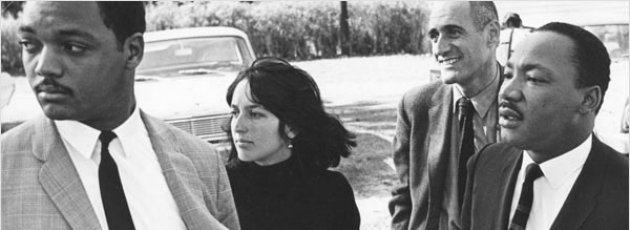- Home
- News & Blogs
- About Us
- What We Do
- Our Communities
- Info Centre
- Press
- Contact
- Archive 2019
- 2015 Elections: 11 new BME MP’s make history
- 70th Anniversary of the Partition of India
- Black Church Manifesto Questionnaire
- Brett Bailey: Exhibit B
- Briefing Paper: Ethnic Minorities in Politics and Public Life
- Civil Rights Leader Ratna Lachman dies
- ELLE Magazine: Young, Gifted, and Black
- External Jobs
- FeaturedVideo
- FeaturedVideo
- FeaturedVideo
- Gary Younge Book Sale
- George Osborne's budget increases racial disadvantage
- Goldsmiths Students' Union External Trustee
- International Commissioners condemn the appalling murder of Tyre Nichols
- Iqbal Wahhab OBE empowers Togo prisoners
- Job Vacancy: Head of Campaigns and Communications
- Media and Public Relations Officer for Jean Lambert MEP (full-time)
- Number 10 statement - race disparity unit
- Pathway to Success 2022
- Please donate £10 or more
- Rashan Charles had no Illegal Drugs
- Serena Williams: Black women should demand equal pay
- Thank you for your donation
- The Colour of Power 2021
- The Power of Poetry
- The UK election voter registration countdown begins now
- Volunteering roles at Community Alliance Lewisham (CAL)
Martin Luther King: March and remembrance
Across the USA today there will be many events marking the assassination of Dr Martin Luther King 43 years ago on April 4, 1968.
On Saturday Rev Jesse Jackson and several hundred Wisconsin citizens marched through Milwaukee ahead of today’s anniversary. The marchers waived signs that read, “This is what democracy looks like," "Save our unions and collective bargaining," and “Stop the attacks on public sector workers.” Placards reminiscent of the London march two weeks ago.
Milwaukee was recently described as the nation’s most segregated city, followed by Chicago, New York and Detroit. Census figures show that 90% of the city’s black population lives on the poorer north side of town
On the march Rev. Jackson encouraged people to use their voting power in city elections taking place tomorrow saying “It’s time to turn pain into power. To vote, to enfranchise, “Segregated cities lead to segregated results. It’s no mystery why there is such a divide in the city’s economic and political structures, unemployment, health care, education, and affordable housing”. Said Rev Jackson.
In an article for his organisation Rainbow PUSH Coalition Rev Jackson writes about the political climate at the time of Dr. King’s assassination in 1968 drawing parallels with a march taking place today over inequalities still being faced by the same sections of society.
Reverend Jackson writes:
I was in Memphis at Dr. King’s side — and on Monday I will be in Madison, for there is a straight line from Memphis to Madison.
Dr. King came to Memphis to rally in support for striking public employees. Months earlier, two black sanitation workers had been crushed to death when a compactor mechanism in a truck malfunctioned. On the same day, 22 black workers were sent home without pay, while their white supervisors were retained with pay. Two weeks later, 1,100 black sanitation workers began to strike for job safety, better wages and benefits and union recognition.
It was a frantic time for Dr. King. He was pushing to organize a Poor People’s Campaign, a march on Washington that would bring poor people to the nation’s capital. He was besieged by critics for his opposition to the Vietnam War. The civil rights movement was fracturing, adding to the pressure.
But he chose to join the strikers in Memphis for he knew their cause was just, their need great and their time had come.
Now in Madison, teachers and nurses and sanitation workers are standing up against an attempt to strip them of their right to bargain collectively. Students have come to their aid, while protesting deep cuts in university and school budgets and efforts to strip them of their right to vote on campus. Workers are standing up in solidarity with those under attack.
In Memphis, Dr. King preached powerfully about the need for solidarity. “You know,” he said in his last sermon, “whenever Pharaoh wanted to prolong the period of slavery in Egypt, he . . . kept the slaves fighting among themselves. But whenever the slaves get together, something happens in Pharaoh’s court, and he cannot hold the slaves in slavery. When the slaves get together, that’s the beginning of getting out of slavery. Now let us maintain unity.”
There is a straight line from Memphis to Milwaukee to Madison. We do Dr. King’s memory proud when we stand together, march together, and refuse to adjust to injustice.
In Madison, as in Milwaukee, we have the chance to make America better. We dare not stop now.
Winsome-Grace Cornish
Main pic: Martin Luther King with Jesse Jackson, singer Joan Baez and Ira Sandperl, director of Miss Baez's Institute for the Study of Non-Violence
